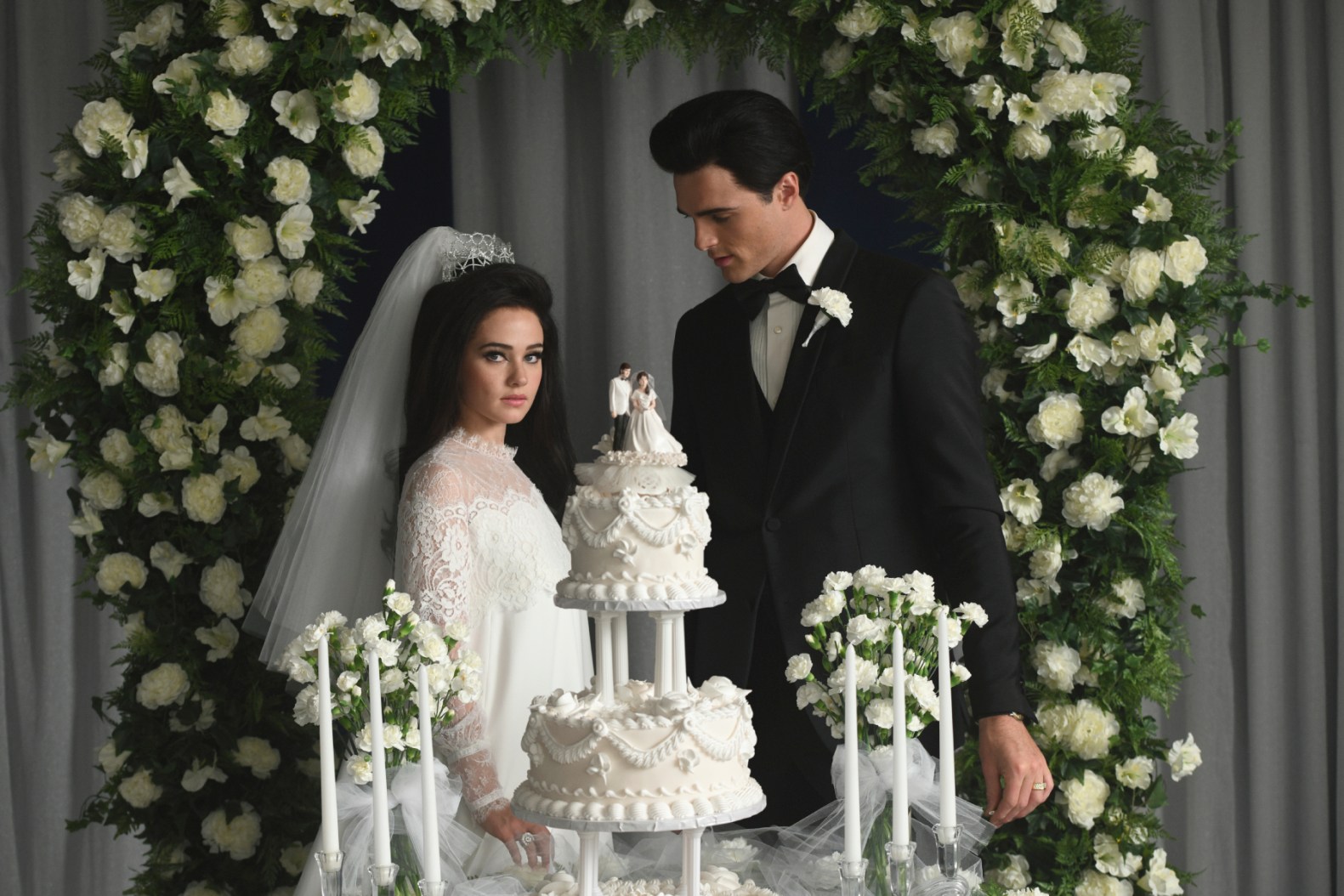Saltburn, a beguiling and highly intricate film, creates a distinct space within the sphere of psychological thriller meets black comedy. Masterfully penned and directed by Emerald Fennell, the film threads a tale set in England in the mid-2000s that revolves around a young university student’s fascination for his affluent schoolmate. The eccentricity of his wealthy friend’s family only amplifies this infatuation and ignites the cinematic brilliance of Saltburn.
The Good:

In his leading role as Oliver Quick, Barry Keoghan brings an intensity and youthful earnestness to his character. There is an awkward sweetness in Keoghan’s portrayal of Quick’s infatuation with the wealthy schoolmate, Felix Catton, performed effortlessly by Jacob Elordi. Both actors work well together, mirroring a tangible dynamic of class contrast and concealed intentions that fuel the tension of the film.
Rosamund Pike, as Lady Elsbeth Catton, paints a captivating character. Her beguiling sophistication and well-concealed conniving nature are integral to the unique charm of The Saltburn. Lady Catton is like a rich tapestry, with every subtlety of her performance building upon an existing layer of mystery and unease. The scene where she conducts a poker-faced negotiation while elegantly sipping her tea remains one of the most memorable.
On the other hand, Sir James Catton, enacted by the award-winning Richard E. Grant, anchors the film’s eccentricities. His caricatured persona of the ageing English noble serves as a brilliant distraction to the hidden macabre and occasional brutality. Newcomer Alison Oliver plays the delicate Venetia Catton and compliments the star cast well, standing out as a performer of notable talent.
Expert Craftsmanship
The writing, intertwined with Fennell’s direction, stands as the film’s paramount triumph. There’s an elusive playfulness in the darkness that runs through the narrative, elevating Saltburn beyond an average psychological thriller or a dark comedy. The unpredictable script works in sync with an innovative plot that utilizes classic elements like isolated English country houses, rich, slightly insane aristocrats, and deceptive plots, each adding to its unique tonality.
Cinematographically, the film manages to create a whimsical English atmosphere. It’s like a dark, uneasy version of an Alice-in-Wonderland fantasy, painting a stark picture of classism and decadence. The unsettling serenity of the isolated country estate juxtaposes perfectly with the creeping unease the narrative nurtures, contributing immensely to the plot’s tone and feel.
The musical score and soundtrack complement the unfolding tension, employing subtlety and quietness as potent tools for heightening the suspense. A special mention must go to the well-executed sound design. The distant sounds of clinking China, whispers, and unexplained footsteps hauntingly loom throughout.
The Bad:

The pacing may not cater to all viewers, occasionally verging on the languid side. While the steady unveiling of each layer of suspense helps build the intensity, the meticulous detailing could lose a few viewers midway. It’s not your typical fast-paced thriller or uproarious comedy. Instead, Saltburn requires you to revel in its nuanced world. To wade through the anxiety and charm, to eventually acknowledge the climax’s crushing blow.
Overall:
Saltburn shows Fennell’s strong ability to combine genres. It stands as a testament to her careful storytelling. It’s dark, it’s funny, and at the same time, quite unnerving. With splendid performances, keen attention to detail, and innovative storytelling, Saltburn deserves to be seen. For those who like their comedy dark and their thrillers enigmatic, this could be an entertaining roller-coaster.
-
Acting - 8/10
8/10
-
Cinematography/Visual Effects - 8.55/10
8.6/10
-
Plot/Screenplay - 6.5/10
6.5/10
-
Setting/Theme - 6.5/10
6.5/10
-
Watchability - 7/10
7/10
-
Rewatchability - 6/10
6/10
Overall
7.1/10
7.1/10
User Review
( votes)
Share this Story



















